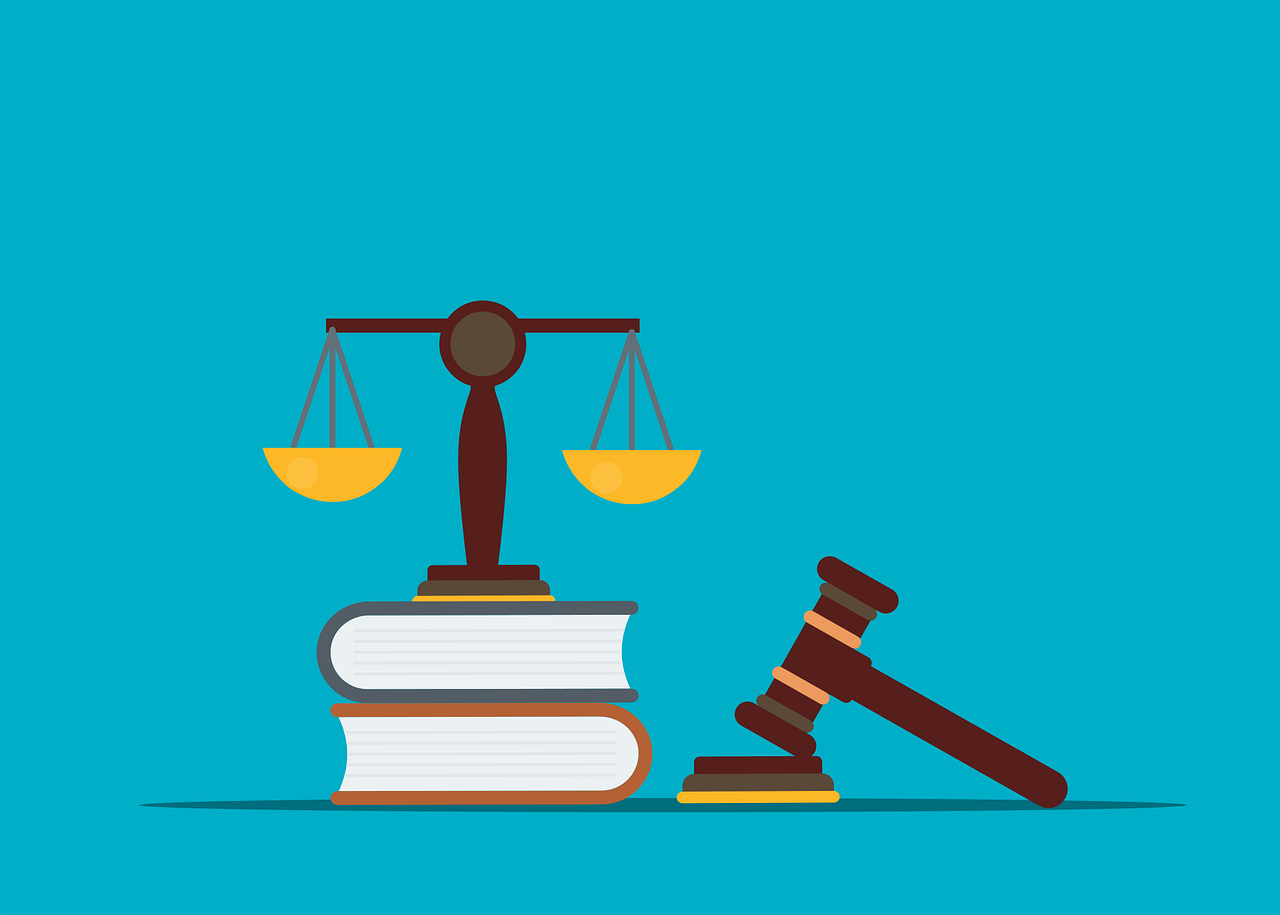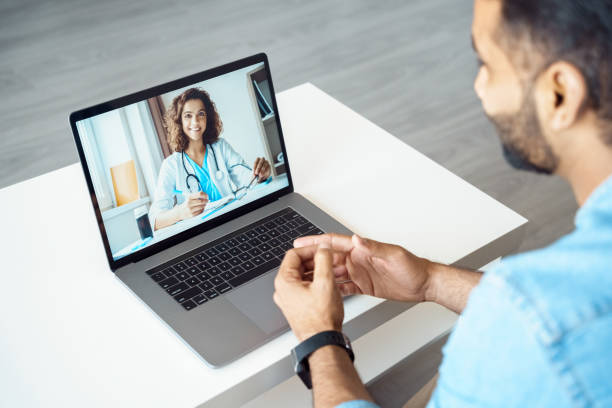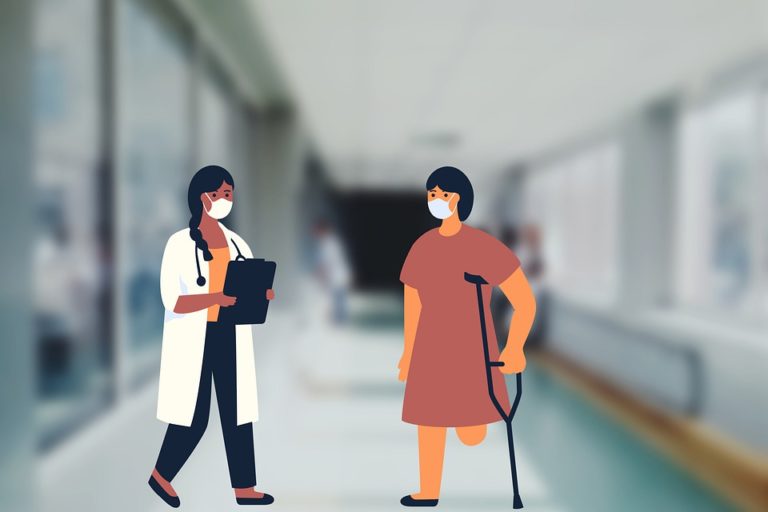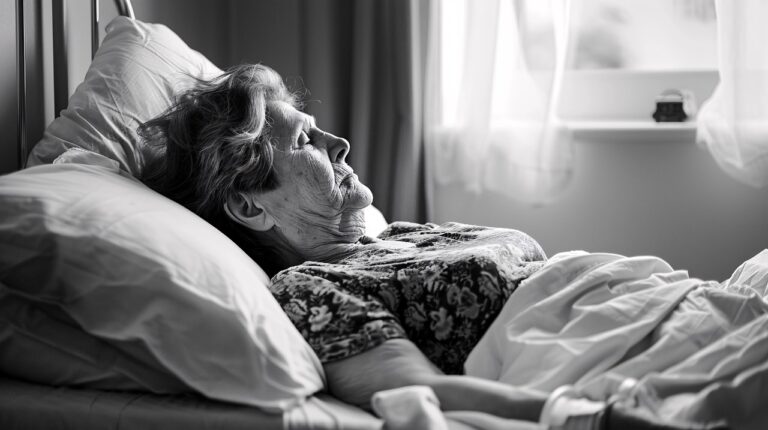Book Appointment Now

Legal Importance of SOAP Notes in Nursing
Accurate, timely, and legally compliant documentation is a fundamental aspect of nursing practice. The legal importance of SOAP notes in nursing lies in their role as formal, objective records of patient care, which can serve as vital evidence in legal cases. By following legal standards and best practices, nurses can create SOAP notes that protect patient rights, support effective care, and safeguard against potential liability. This article explores the legal considerations involved in nursing documentation and how to ensure SOAP notes are legally sound.
Get a custom nursing SOAP notes paper help
Order Custom Nursing Paper
Why SOAP Notes Are Legally Important in Nursing
SOAP (Subjective, Objective, Assessment, Plan) notes are more than a clinical record—they’re essential legal documents that chronicle patient interactions, treatments, and outcomes. In a legal context, SOAP notes may be scrutinized for accuracy, consistency, and completeness, making it essential for nurses to document with care. Legally sound SOAP notes help:
- Protect Patient Rights: Accurate documentation supports informed consent and patient autonomy, providing a record of care decisions, patient responses, and treatment modifications.
- Provide Evidence in Legal Cases: SOAP notes serve as objective evidence in malpractice or negligence cases, helping to verify that care was provided according to professional standards.
- Promote Accountability: Documentation creates an accountable record for each healthcare provider’s actions, supporting transparency in the event of care disputes or audits.
Through consistent, accurate SOAP notes, nurses can ensure that their documentation meets legal standards, providing a trustworthy account of patient care.
Key Legal Considerations for Nursing SOAP Notes
To ensure SOAP notes are legally compliant, nurses should prioritize accuracy, timeliness, and completeness, while avoiding documentation errors that could lead to legal complications.
1. Accuracy: Providing a Factual and Objective Record
Accuracy is one of the most important legal requirements for nursing documentation. SOAP notes should reflect factual, objective information that avoids assumptions or subjective opinions.
- Legal Importance: Inaccurate information in SOAP notes can mislead future care providers, compromise patient care, and weaken a nurse’s defense in legal proceedings.
- How to Ensure Accuracy:
- Stick to Objective Language: Avoid assumptions and subjective descriptions. Document observable facts, such as vital signs, symptoms, and patient quotes.
- Double-Check Entries: Before finalizing notes, review for potential errors or omissions that could misrepresent the patient’s status.
- Example of Accurate Documentation:
- Effective: “Patient reports feeling ‘dizzy’ and experiencing a ‘sharp pain’ in the lower abdomen. BP 150/95.”
- Ineffective: “Patient seems to be exaggerating pain and doesn’t look that uncomfortable.”
Accurate documentation provides a clear, reliable record that helps protect the nurse and the healthcare facility from legal risks.
2. Timeliness: Documenting Care in Real-Time
Timely documentation ensures that SOAP notes reflect the patient’s condition accurately and provide a chronological record of care. Delayed entries can lead to inconsistencies and raise questions about care quality.
- Legal Importance: Timely documentation prevents gaps in the patient’s record, reducing the risk of errors and providing a legally compliant account of care.
- How to Ensure Timeliness:
- Document As Soon As Possible: Record patient interactions and care decisions immediately after they occur to capture details accurately.
- Mark Late Entries: If a late entry is necessary, mark it as such, include the actual time and date of the care provided, and document the reason for the delay.
- Example of Timely Documentation:
- Effective: “11:30 a.m. – Patient given acetaminophen 500 mg for headache relief. Reports pain reduction to 3/10 by noon.”
- Ineffective: “Patient had acetaminophen earlier today” (with no time provided).
Timely documentation prevents gaps in care records, ensuring that notes reflect accurate sequences of events, which is essential for quality care and legal protection.
3. Completeness: Documenting All Relevant Information
Incomplete SOAP notes can undermine care quality, lead to misunderstandings, and expose the nurse and facility to legal risks. A complete SOAP note includes all pertinent information about the patient’s condition, treatment, and response.
- Legal Importance: Comprehensive documentation is critical for establishing a continuous record of care, enabling future providers to make informed decisions and reducing liability risks.
- How to Ensure Completeness:
- Follow the SOAP Format: Include information in each section (Subjective, Objective, Assessment, Plan) to create a complete picture of patient care.
- Document Care Decisions and Patient Responses: Record all care provided, patient responses, and any follow-up actions to provide a full account of the patient’s treatment and outcomes.
- Example of Complete Documentation:
- Effective: “Patient reports dizziness and headache. BP 150/95, HR 85, Temp 98.4°F. Administered 500 mg acetaminophen, and patient reports pain improvement to 3/10 after 30 minutes. Plan: Reassess BP in 1 hour.”
- Ineffective: “Patient received pain meds. Feeling better.”
Complete documentation captures essential details, helping to ensure continuity of care and reducing the risk of legal liability.
4. Avoiding Common Legal Pitfalls in SOAP Notes
Certain documentation errors are more likely to lead to legal issues, including vague language, unauthorized abbreviations, and alterations without justification. Avoiding these mistakes is key to protecting patient rights and ensuring legal compliance.
- Vague Language: Phrases like “seems okay” or “improved” are ambiguous and lack objective value. Instead, use specific terms and descriptions to ensure clarity.
- Unauthorized Abbreviations: Unapproved abbreviations can create misunderstandings and may be legally problematic if misinterpreted. Always use standardized abbreviations that are universally understood in healthcare.
- Unauthorized Changes and Alterations: Altering documentation without proper notation can be seen as tampering. If an error needs correction, add a clear, dated note with your initials explaining the change.
Documenting with legal precision not only safeguards patients but also protects the nurse in the event of care reviews or legal audits.
Best Practices for Legally Compliant SOAP Notes in Nursing
To ensure legally sound SOAP notes, nurses should incorporate the following best practices into their documentation:
- Document in Real Time Whenever Possible: Recording notes immediately after patient interactions reduces the risk of errors or missing information, supporting both care quality and legal compliance.
- Use Objective, Specific Language: Be factual and avoid assumptions. Precise language enhances clarity and reduces the likelihood of misinterpretation.
- Adhere to Facility Guidelines and Approved Terminology: Follow all hospital or facility documentation policies, especially regarding abbreviations, timing, and formatting.
- Complete Each SOAP Section Fully: Address all elements (Subjective, Objective, Assessment, Plan) to provide a comprehensive view of the patient’s status, care decisions, and outcomes.
- Review for Errors or Omissions: Double-check entries to avoid unintentional mistakes that could lead to care gaps or legal concerns.
Following these practices ensures that SOAP notes meet the necessary legal standards, creating a reliable and defensible record of patient care.
Ensuring Legally Compliant SOAP Notes in Nursing
The legal importance of SOAP notes in nursing extends beyond simple documentation—they serve as vital evidence of care provided, support patient rights, and help prevent legal disputes. By prioritizing accuracy, timeliness, and completeness, and by avoiding common documentation errors, nurses can create legally sound SOAP notes that enhance patient care and protect against liability. Clear, detailed, and compliant SOAP notes are crucial for maintaining the integrity of patient records and upholding professional nursing standards.
Thoughtful, legally compliant documentation empowers nurses to provide the highest quality care while safeguarding their practice and protecting patient rights.
Learn more on SOAP NOTES and Decision Trees. What is a SOAP Note? Learn How to Write A Good SOAP Note.




